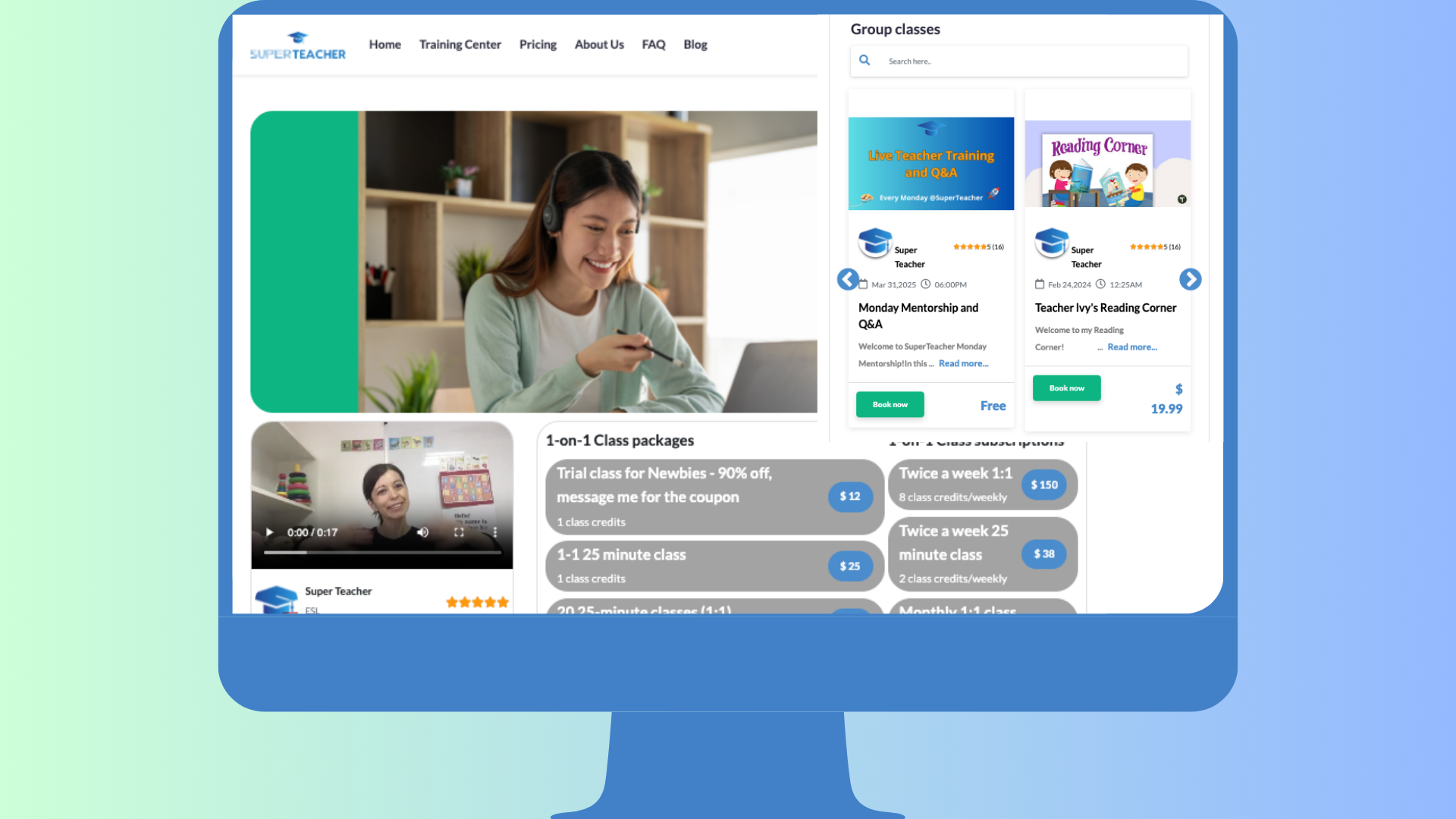
As independent online educators—be it teachers, tutors, coaches, or mentors—navigating the landscape of potential clients can be tricky. A key question arises: Should you avoid trial hoppers and window shoppers? In this blog, we’ll explore the how, when, and why of this decision, while also emphasizing the importance of balancing your time and offerings. Let’s dive in!
Understanding Trial Hoppers and Window Shoppers
Before we get into the nitty-gritty of how to handle trial hoppers and window shoppers, it’s essential to define what we mean by these terms. Trial hoppers are individuals who frequently seek free sessions or trials without any intention of committing to paid services. Window shoppers, on the other hand, are those who browse options but don’t take any real steps towards making a purchase. Understanding the distinction is crucial for your strategy.
The Importance of Your Time
Your time is invaluable as an independent educator. Every minute spent on free consultations or sessions with individuals who may not convert into paying clients could be better used to nurture existing students or create valuable content. Therefore, knowing when to say no is essential for maintaining a sustainable and profitable business.

When to Offer Free Services
While it’s important to protect your time, there are instances where offering free sessions can be beneficial, especially for those just starting out. If you’re new to the independent education space, a few free sessions can help you:
- Build your portfolio.
- Gain testimonials from satisfied clients.
- Refine your teaching methods.
In these early stages, saying yes to trial hoppers might be a good strategy as it allows you to establish credibility and gather valuable feedback.
Growing Your Business
As your business matures, the landscape changes. You may find you can afford to be more selective. If you are growing your business and have a steady stream of clients, it’s perfectly acceptable to say no to prospects who aren’t willing to commit, even symbolically. This is where your confidence as an educator comes into play. You’ve built a reputation; now it’s time to protect it.

Top 5 Tips on How to Say No to Trial Hoppers and Window Shoppers
Now that we’ve established the importance of knowing when to say no, let’s explore five effective strategies for doing so while keeping the door open for potential future engagements.
1. Set Clear Boundaries
Establish what you are willing to offer for free and communicate it clearly. For instance, you might say, “I offer one free consultation for new clients to assess fit. After that, my services are paid.” This sets the tone and expectations upfront.
2. Be Honest and Direct
When you encounter someone who is looking to take advantage of free sessions, don’t shy away from being honest. You could say, “I appreciate your interest, but my time is limited, and I currently focus on clients who are ready to invest in their education.” Honesty helps maintain your integrity and professionalism.
3. Offer Alternatives
If a prospect seems hesitant to commit, suggest alternative ways they can engage with your services. Perhaps recommend a low-cost workshop, an introductory course or a free learning resource. This keeps the conversation going without compromising your time. To streamline onboarding them even though they are not ready to become a paying client yet, add a few lead magnets on your SuperTeacher Page, such as a one-time free seat in a group class, an interactive game or a worksheet, and offer it in exchange for them signing up, reaching out for a one-off coupon etc., thus sharing their contact information with you for future self-marketing. Still a win-win, isn’t it?

4. Follow Up with Value
If you decide to turn someone down, consider sending them valuable resources or insights related to their interest. This not only leaves a positive impression but may encourage them to reconsider your paid services in the future.
5. Keep Them in Your Nurture List
Even if you say no, consider keeping trial hoppers and window shoppers on a nurture list. Send them occasional updates about your services, success stories, or valuable content. This can change their mind about committing in the future.
Finding the Balance
Ultimately, the decision to avoid trial hoppers and window shoppers depends on where you are in your independent education business journey. If you’re just starting, offering some free services may be beneficial. However, as you grow, being selective about your time is crucial. Remember, it’s not just about saying no; it’s about saying yes to the right opportunities.
To Sum It Up – RAQ
What are trial hoppers and window shoppers?
Trial hoppers are individuals who seek free sessions without the intention of committing to paid services. Window shoppers browse options but do not take steps toward making a purchase.
Why should I avoid trial hoppers and window shoppers?
Engaging with individuals who are unlikely to convert into paying clients can waste valuable time and resources that could be better spent on nurturing existing clients or developing new offerings.
When should I offer free services?
Offering free services can be beneficial when you’re just starting out to build your portfolio and credibility. However, as your business grows, it’s important to be more selective.
How can I say no without burning bridges?
Be clear, honest, and direct about your boundaries. Offer alternatives or follow up with valuable content, and consider keeping them on a nurture list for future engagement.
What’s the best way to balance free services and paid services?
Establish clear boundaries for what you’re willing to offer for free and communicate these boundaries clearly. As you grow, focus on converting prospects who are ready to invest in their education.
In conclusion, understanding how to navigate the world of trial hoppers and window shoppers is essential for your success as an independent online educator. By setting boundaries, being honest, and nurturing relationships, you can effectively manage your time and grow your business.



